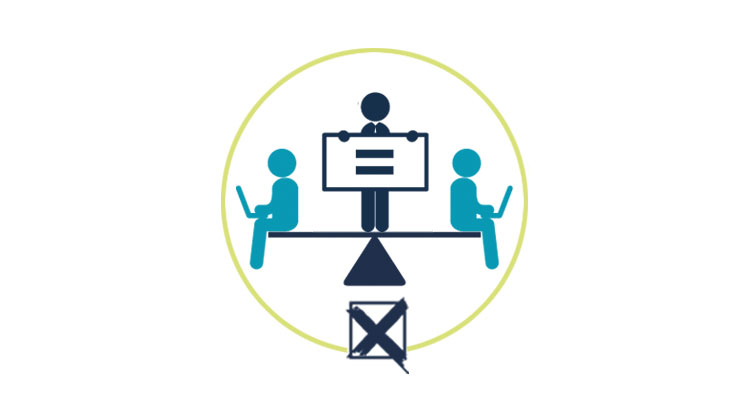
Along with the legally stipulated election of equal opportunities, officers in federal, and state offices, elections for equal opportunity officers are also regularly held in corporate bodies under public law, universities and other institutions and companies. These elections can only be secure, legally binding, cost-efficient and comfortable when held online. Continue reading
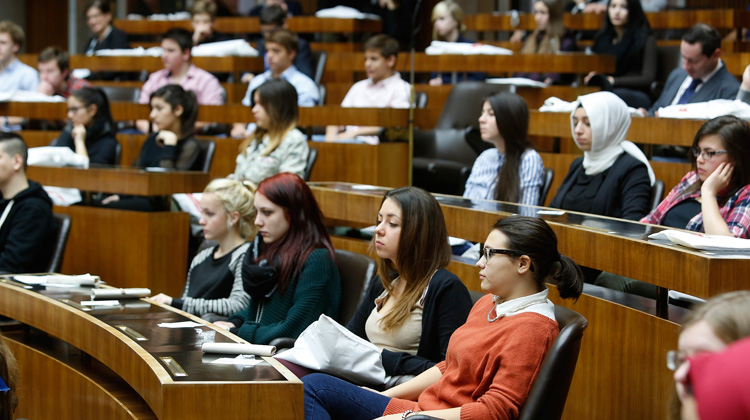
Youth councils represent the interests of the youth at the municipal level and are generally re-elected every two years. More and more municipalities have since come to hold their Youth Parliament elections online – and for good reason. Continue reading
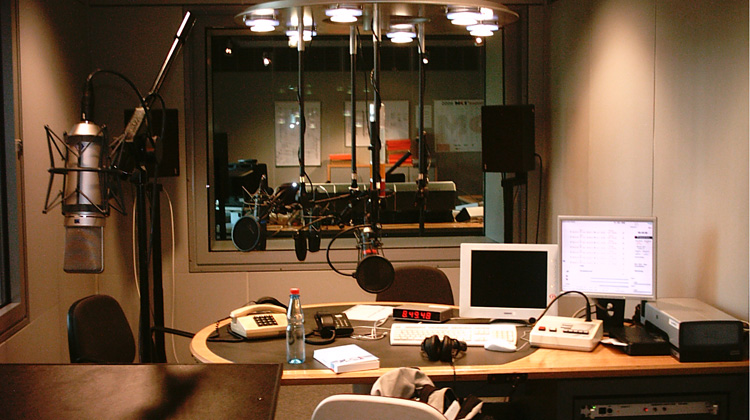
Editorial representatives are regularly elected at public service broadcasters. Now, in June 2015, the voters of a public media firm were asked to elect their new editorial committee online. Continue reading
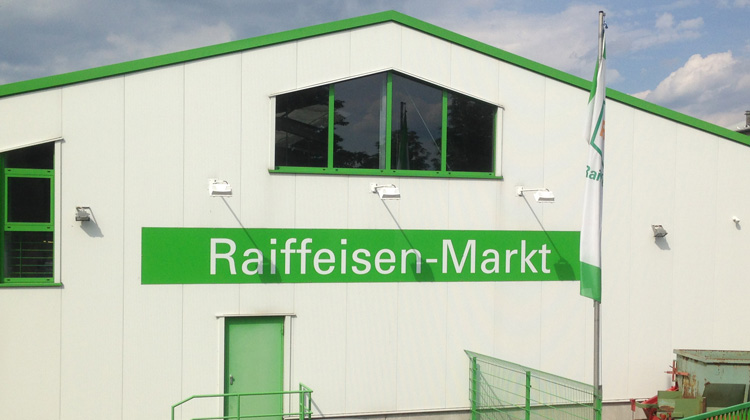
The origins of the idea of the cooperative date as far back as the 19th century. The cooperative principle, however, is just as current as ever. Democratic processes have been closely tied to cooperative participation since day one. Online elections can thus carry cooperative democracy into the 21st century. Continue reading
After the resignation of Ed Miliband, the British Labour Party will elect a new party chairman in late summer. Labour is also utilising an online voting system for this internal party elections. Continue reading
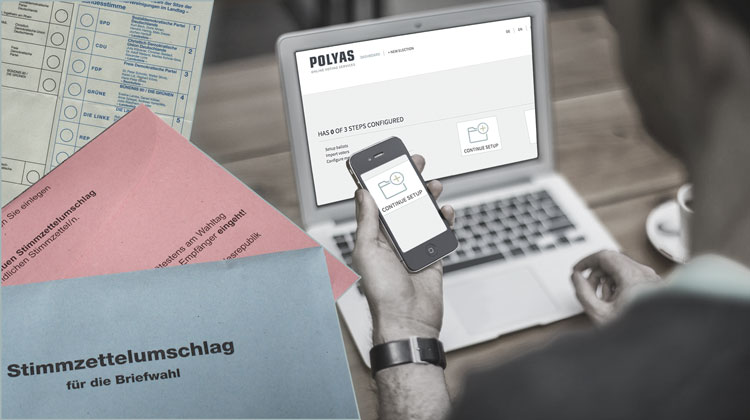
Taking part in a vote without having to leave the house on Election Day? Or casting a ballot when you want, when you’re able? These are the benefits of postal votes – and online voting as well. The comfortable online ballot process does, however, have additional advantages over voting by post. Continue reading
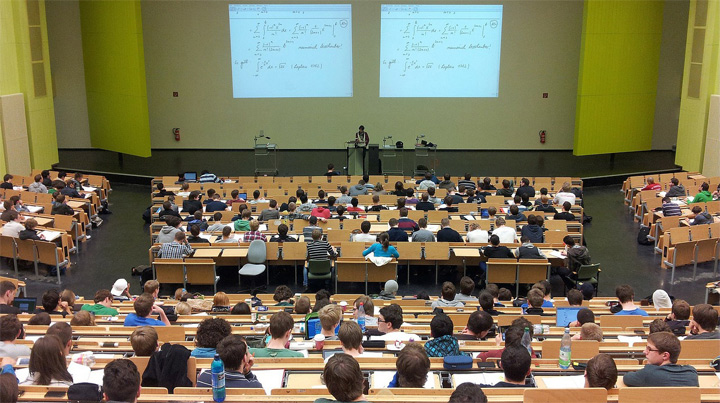
The democracy of universities is a precious asset. Democratic processes allow students, faculty and professors to have influence on the self-administration of the university by being represented by elected individuals on various committees. At the same time, the complexity of university elections also brings about great financial and personal expense. Continue reading
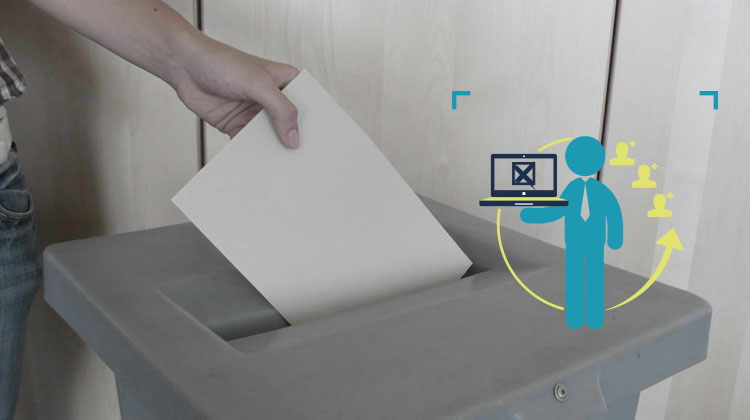
Voter turnout for the elections to the Bremen state parliament last Sunday was the lowest ever experienced in a West German Federal State and has rekindled the debate over how to reduce voter apathy in future. Studies, surveys and experience domestic and abroad tell us that online voting can help to reverse the negative trend. Continue reading
Today the European Commission released its strategy to establish a unified digital single market. The digitalisation of society also requires additional digitalisation of the democratic processes. One crucial step on this path is the Europe-wide unification of the security profiles for online voting systems. Continue reading
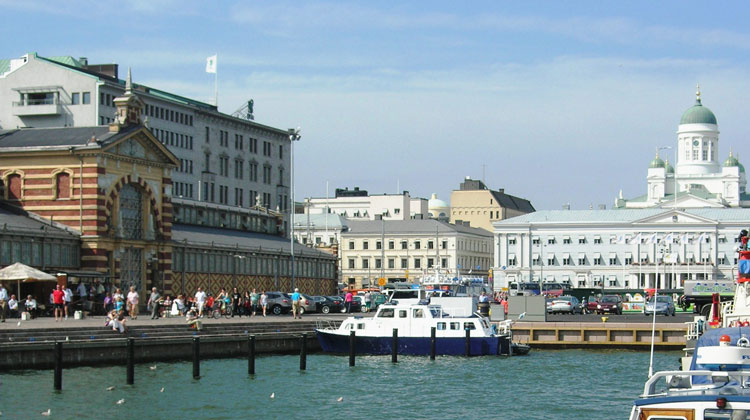
Northern European nations not only hit peak numbers in terms of internet users but also reveal themselves to be forerunners in the implementation of digital services. For instance, the Finnish Ministry of Justice recently announced that a labour association will be evaluating the usage of online voting in future referendums in Finland. Continue reading

22 April is Earth Day, a time to think about protecting the environment. However, environmental protection measures need not always require cutting back. It is worth questioning common daily routines and using modern technology. Take voting and ballots for instance: Online elections cause a significantly lower level of emissions of the greenhouse gas CO2 than […]
POLYAS supports Master student Karola Marky’s research work in the field of liquid democracy with Dr. Melania Volkamer at the Technische Universität Darmstadt. The joint project VALID (Verifiable Liquid Democracy) was covered.
Continue reading